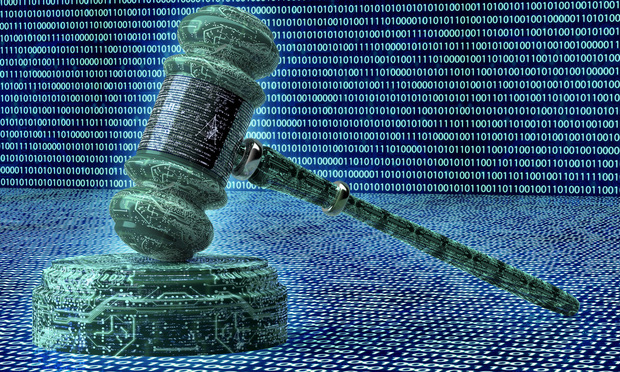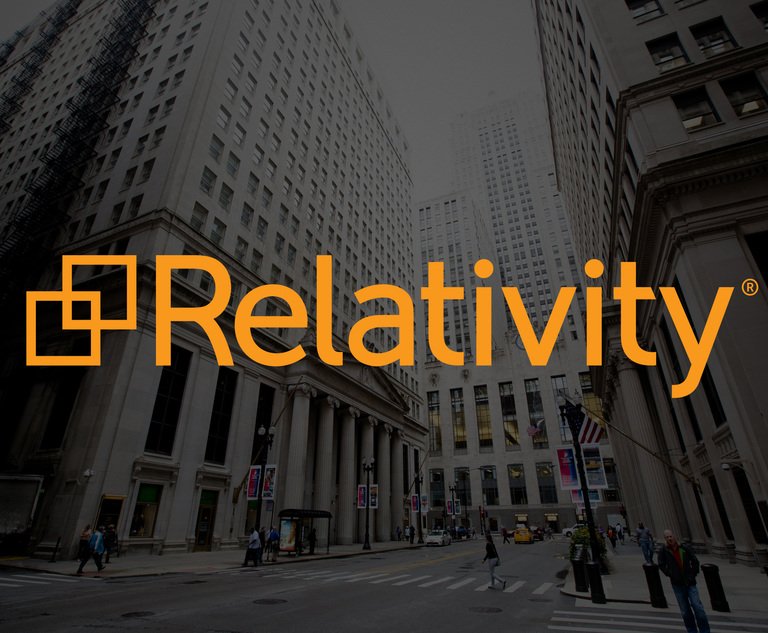In a newly released survey of 260 retired and sitting federal judges examining e-discovery, Exterro and EDRM/Duke Law discovered judges’ views concerning e-discovery and their sanctions and affirmative actions regarding e-discovery. The top causes of sanctions related to e-discovery are bad faith and poor communication, according to the survey.
While only 13 percent of surveyed judges said they’ve issued an e-discovery sanction, 74 percent said they’ve taken multiple affirmative actions, such as requiring additional conferences and issuing warnings, to solve e-discovery problems.
This content has been archived. It is available through our partners, LexisNexis® and Bloomberg Law.
To view this content, please continue to their sites.
Not a Lexis Subscriber?
Subscribe Now
Not a Bloomberg Law Subscriber?
Subscribe Now
LexisNexis® and Bloomberg Law are third party online distributors of the broad collection of current and archived versions of ALM's legal news publications. LexisNexis® and Bloomberg Law customers are able to access and use ALM's content, including content from the National Law Journal, The American Lawyer, Legaltech News, The New York Law Journal, and Corporate Counsel, as well as other sources of legal information.
For questions call 1-877-256-2472 or contact us at [email protected]








